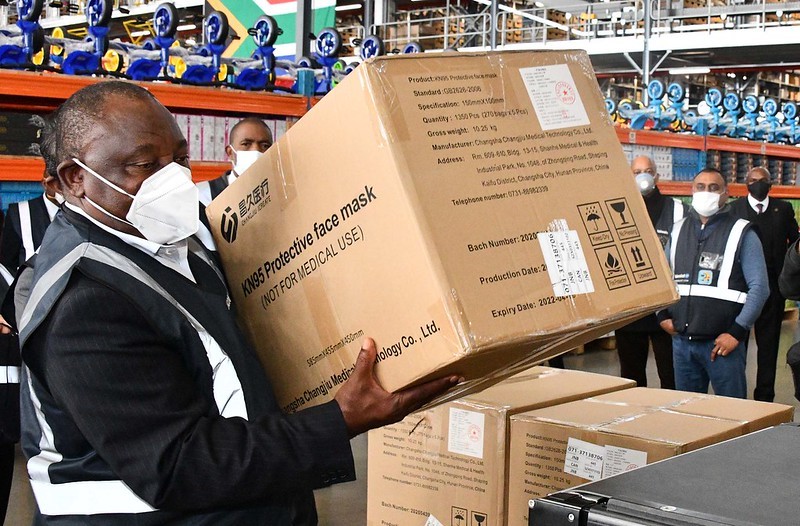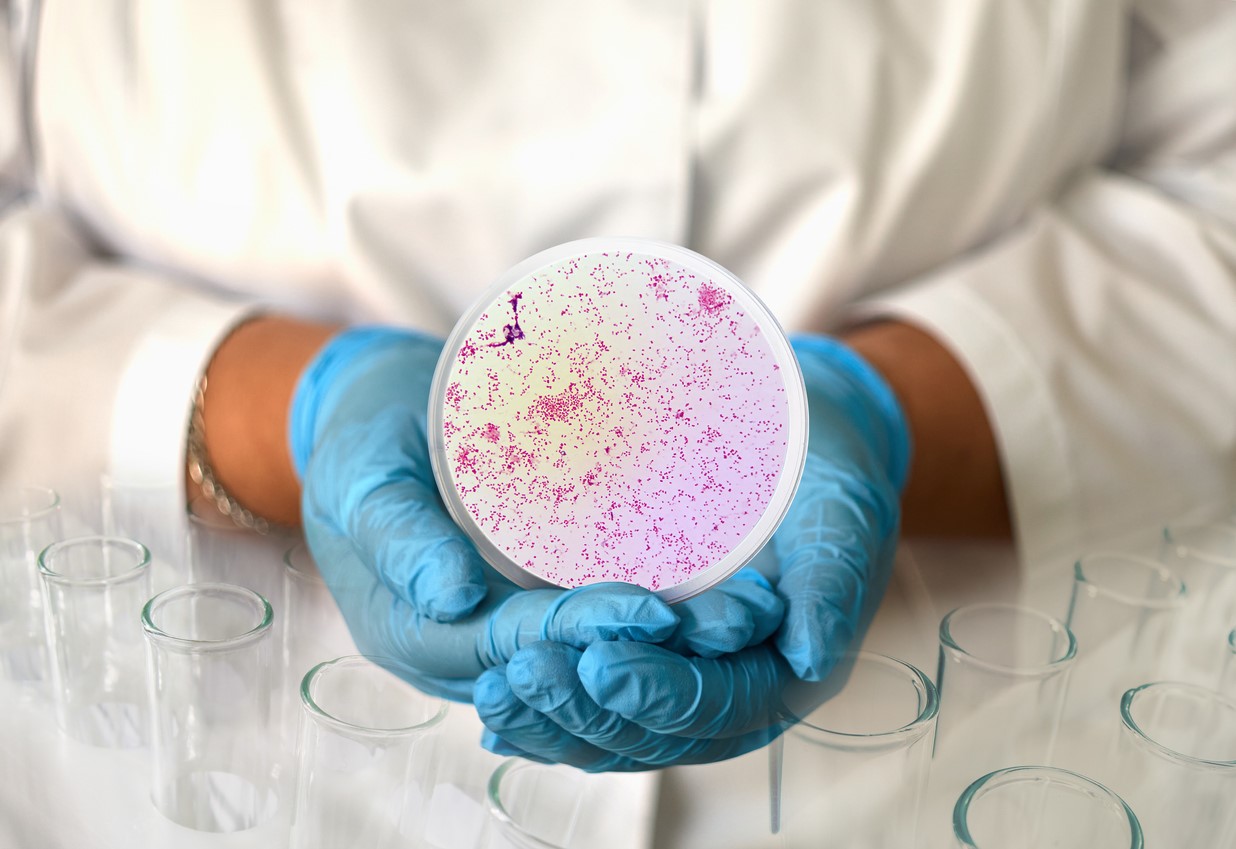 The US medical and public health communities should work together to combat online health misinformation through sustainable investments in media monitoring and counter messaging, according to a Harvard Medical School–led research team.
The US medical and public health communities should work together to combat online health misinformation through sustainable investments in media monitoring and counter messaging, according to a Harvard Medical School–led research team.
Their report, published today in the Annals of Internal Medicine, describes how to address untruths such as the social media rumors that undermined trust in science during the COVID-19 pandemic.
"Understanding the information ecosystem, social media networks, and the scope of incentives that drive users and social media platforms can provide critical insights for strong coordination between stakeholders and funders to address this challenge," the study authors wrote.
Much work, new challenges ahead
Early in the pandemic, one of the researchers helped develop the ThisIsOurShot and VacunateYa (TIOS-VY) national response to disinformation by educating medical professionals on sharing accurate health information and hosting digital events on social media.
After the COVID-19 vaccine rollout began in December 2020, more than 25,000 healthcare professionals hosted more than 500 digital events and shared vaccine-related selfies or videos on social media, generating more than 1.5 billion impressions.
"This jump-started their digital networks to engage in conversations about the COVID-19 vaccine experience and discuss the COVID-19 news of the day," the authors wrote.
This jump-started their digital networks to engage in conversations about the COVID-19 vaccine experience and discuss the COVID-19 news of the day.
TIOS-VY built a coalition of 60 healthcare professional and community organizations with more than 1 million member doctors, nurses, and pharmacists. By training more than 6,500 professionals during 52 training sessions over 18 months, TIOS-VY increased participants' average self-reported confidence in having effective COVID-19 conversations to 80%, up from 50% before training.
But the efforts weren't without challenges, including limited funding, scarce data on digital audiences, and online attacks on public health experts. And much work remains. Nearly 2 years after the pandemic began, 78% of adults said they either still believed or were unsure about one or more of eight untruths about COVID-19 or vaccines.
"Trust challenges will continue to increase as generative artificial intelligence tools are leveraged to create viral content that audiences will have trouble distinguishing from reality," the authors wrote.

 The US medical and public health communities should work together to combat online health misinformation through sustainable investments in media monitoring and counter messaging, according to a Harvard Medical School–led research team.
The US medical and public health communities should work together to combat online health misinformation through sustainable investments in media monitoring and counter messaging, according to a Harvard Medical School–led research team. The European Centre for Disease Prevention and Control (ECDC)
The European Centre for Disease Prevention and Control (ECDC)  Gonorrhea infections in China are showing decreasing susceptibility to ceftriaxone along with high levels of resistance to other antibiotics, according to a
Gonorrhea infections in China are showing decreasing susceptibility to ceftriaxone along with high levels of resistance to other antibiotics, according to a 











